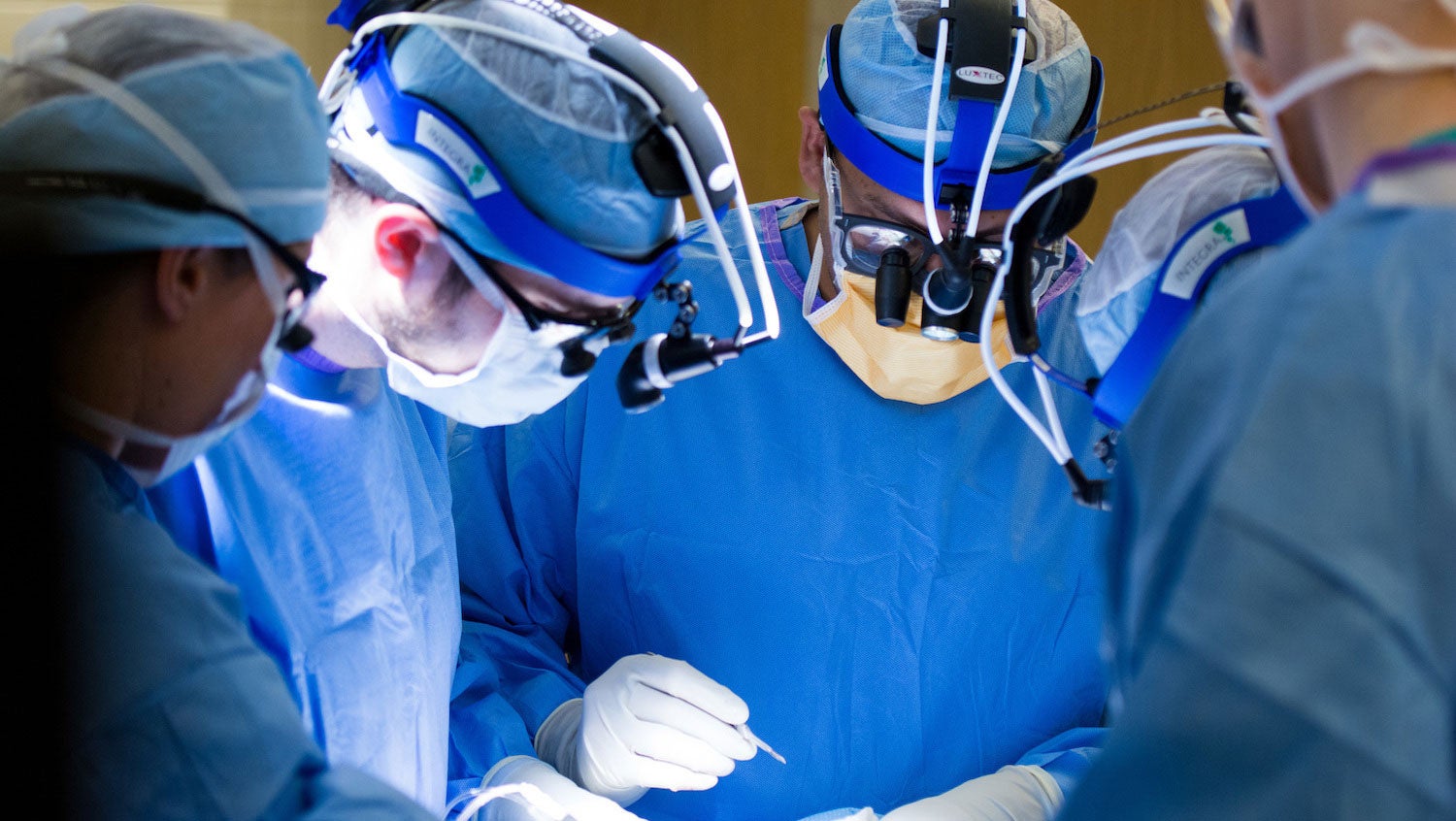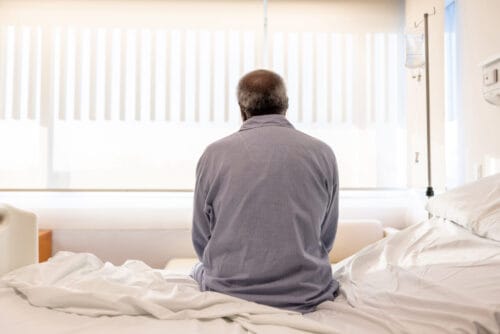Investigations Seek to Reduce Inequities in Surgical Care
February 25, 2019

Matthew Morris
Research shows that social determinants of health affect how patients seek care as well as their outcomes.
Surgical skill obviously plays an important role in the outcomes of patients treated for a serious disease such as cancer. But long before many patients reach the operating table, the cards may have already been stacked against them by virtue of their race, ethnicity, socioeconomic status, insurance coverage, country of origin, primary language, and the distance they must travel for tertiary-level treatment — among the factors known as social determinants of health.
In addition to treating patients, Teviah Sachs, MD, MPH, a surgical oncologist at Boston Medical Center (BMC) and an assistant professor of surgery at the Boston University School of Medicine, conducts research looking at surgical care disparities in patients with cancers of the stomach, pancreas, and liver. Although the incidence of and mortality from gastric cancer has decreased in developed nations during the past century, the disease remains a major cause of death around the world. So for U.S. hospitals that treat large immigrant populations, as BMC does, it’s imperative to know how to identify and manage patients at risk of gastric cancer to ensure that they receive the best possible care.
“The goal is to determine where we can make improvements to ensure that all patients, regardless of their race or ethnicity, birthplace, or economic circumstances, have equal access to the best surgical care.” –Teviah Sachs, MD
Previous research from Sachs and colleagues, published in the Journal of Gastrointestinal Surgery, found that the patient’s stage of gastric cancer at presentation was the strongest predictor of survival. Patients who were Hispanic, born in regions such as Central America, and living in the most impoverished communities frequently presented with later-stage disease — often too late for surgical intervention or a chance at cure.
The research findings underscore the importance of early diagnosis, as patients with early-stage gastric cancer can benefit from surgical intervention. Identifying high-risk populations is the first step in creating targeted screening and prevention programs aimed at reducing risk factors and improving survival.
Furthering the research on disparities, Sachs, along with Susanna de Geus, MD and their colleagues from BMC, is now working with Johns Hopkins Medical Center to conduct a similar retrospective analysis aimed at identifying the presentation and survival of pancreatic cancer patients. The study compares and contrasts the patient populations at BMC and Johns Hopkins. Many patients at BMC live in poorer neighborhoods, are insured through federal programs, and are born outside the U.S. or Canada, while those at Johns Hopkins are from in and around Baltimore, but also come from other states and countries for their care. This research should provide insight into how patient presentations and societal factors affect choices of treatment and outcomes.
“The goal of this and other research we are engaged in is to determine where we can make improvements to ensure that all patients, regardless of their race or ethnicity, birthplace, or economic circumstances, have equal access to the best surgical care, resulting in the best possible outcomes,” says Sachs.


